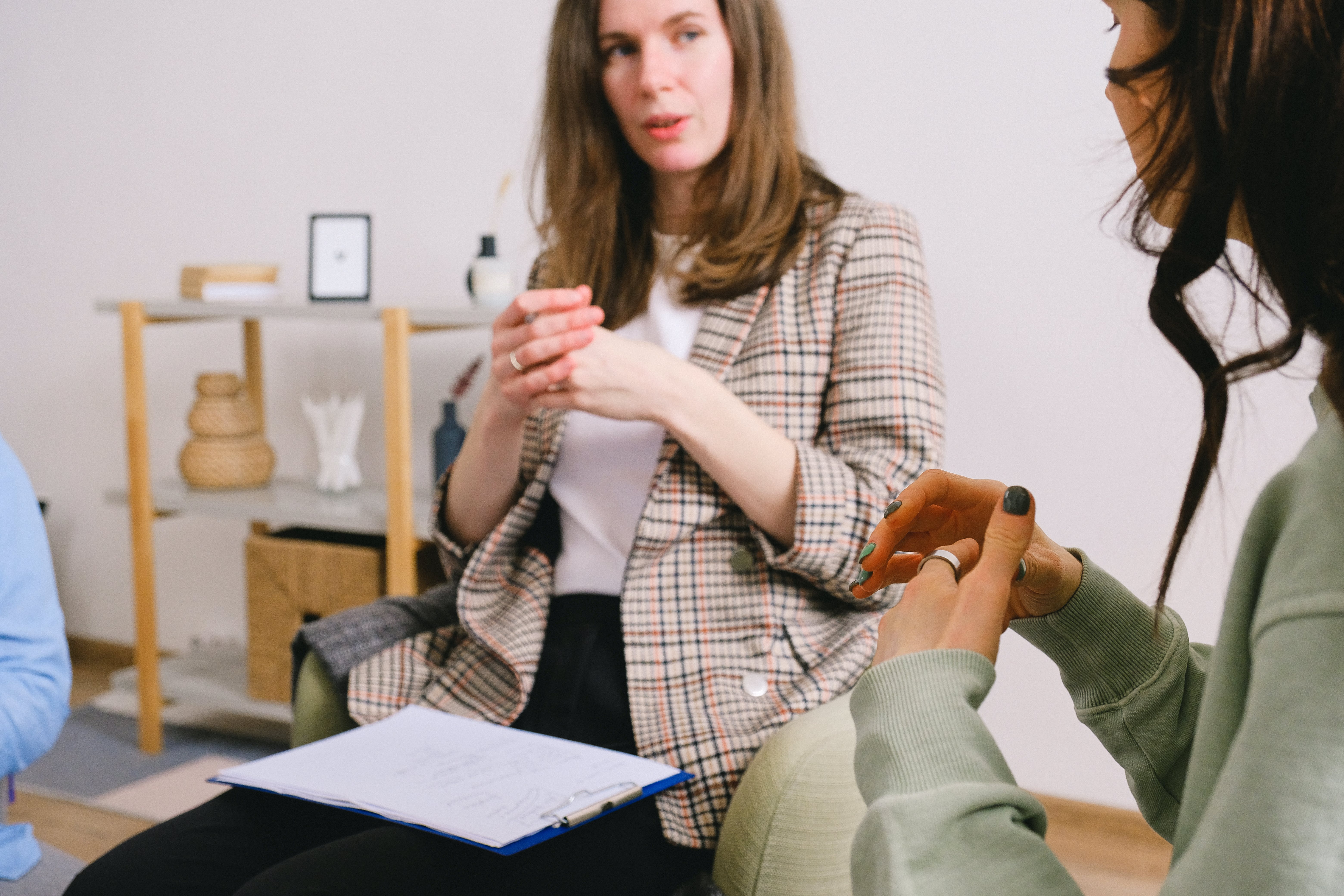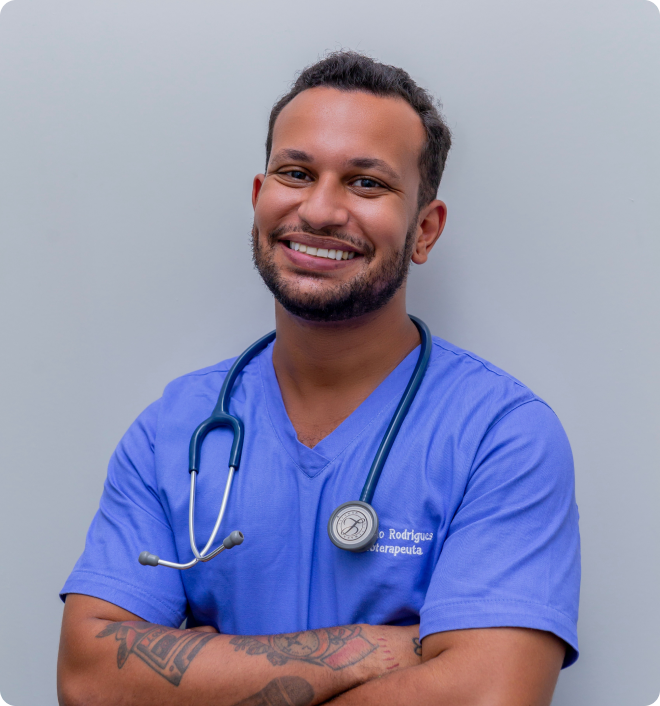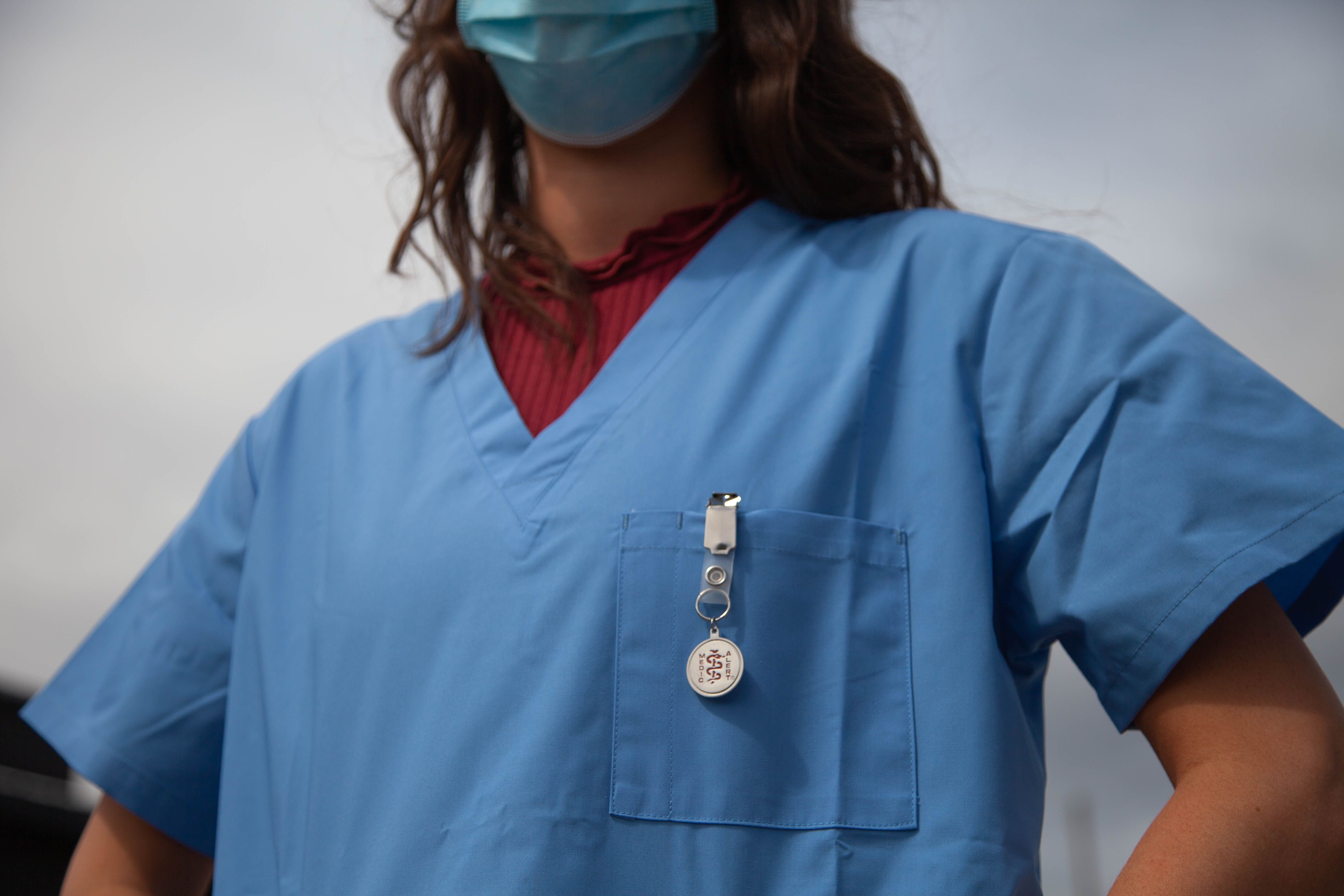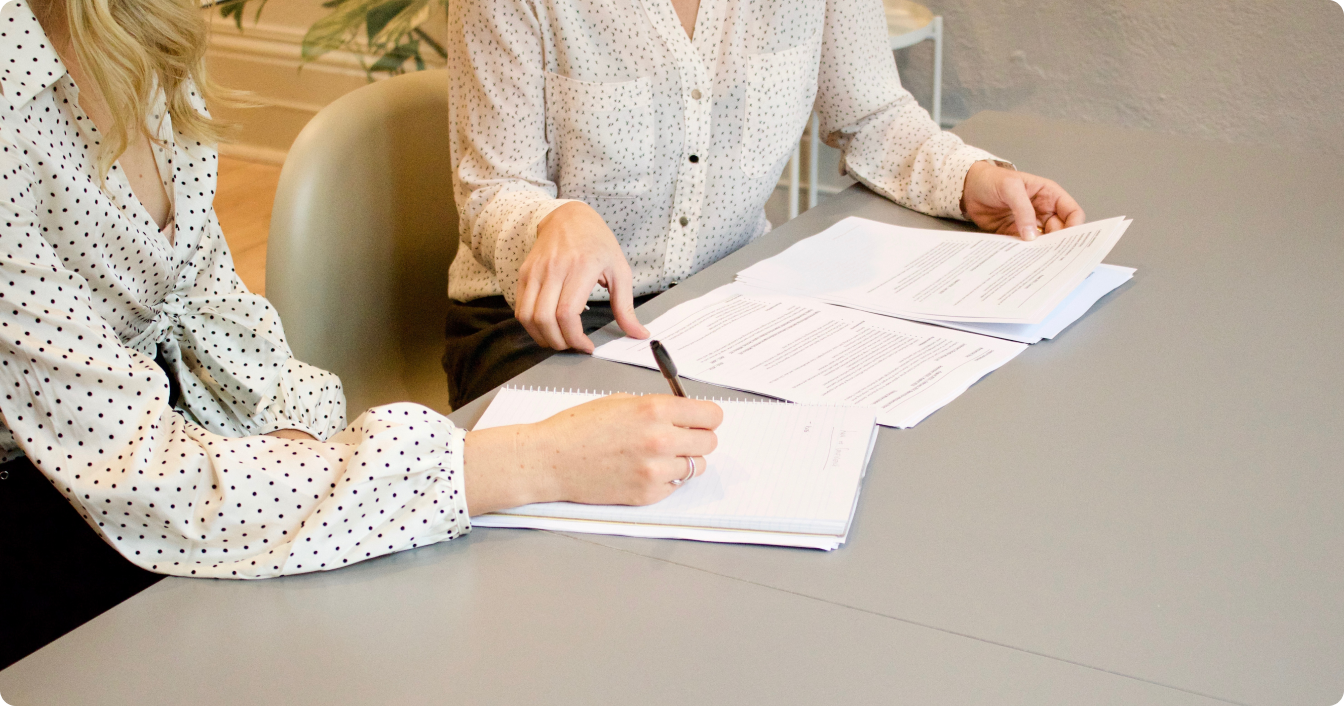Child and Adolescent Psychiatry involves the assessment, diagnosis and management of severe mental health problems in children and adolescents from birth up to the age of eighteen.
Overview
Child and Adolescent Psychiatry services are actively engaged in teaching, research and academic activities. They also engage in consultation and liaison with other services and specialties such as Adult Psychiatry, paediatrics, primary care, schools, educational psychology, an garda siochana, social work and psychology services all of whom may be involved with a particular child and family.
Therapeutic interventions may include assisting parents with behavioural management, family therapy, play therapy, cognitive therapy, supportive psychotherapy, psychoanalytic psychotherapy and pharmacological therapy.
Postgraduate Training in Psychiatry in Ireland is operated and regulated by the College of Psychiatrists of Ireland under the aegis of the Irish Medical Council (IMC). The College of Psychiatrists is the only body recognised by the IMC to provide psychiatry training. In 2012 the College of Psychiatrists of Ireland introduced a new Curriculum with continuous assessment which facilitates competency-based rather than time-based training. This allows for credit to be given to those entering Psychiatry training from other specialties and other jurisdictions and provides a mechanism for Trainees to accelerate through training based on competency.
The Medical Council of Ireland recognises four specialties in Psychiatry:
- Adult Psychiatry
- Psychiatry of Learning Disability
- Psychiatry of Old Age
- Child and Adolescent Psychiatry
Training Pathway
Basic Specialist Training in Psychiatry
Psychiatry Training in Ireland comprises a streamlined career path through Basic Specialist Training (BST) and Higher Specialist Training (HST) including integrated opportunities for research and teaching. Doctors that have completed a formal BST programme from another jurisdiction and hold MRCPysch (UK examination) or equivalent, may also be eligible to apply for HST in Adult Psychiatry & related disciplines.
Duration & Organisation of Training
As with other areas of medicine, there are a wide variety of sub-specialties in Psychiatry; for example focussing on working with adults, older people, children and adolescents, people with learning disabilities, those with addictions and those with combined mental and physical disorders.
The initial 4 years of specialist training (1 year foundation, 3 years BST) consist of 8 x 6 month clinical attachments providing exposure to these varied sub-specialties.
Higher Specialty Training in Child and Adolescent Psychiatry
Following basic specialty training doctors may choose to continue training at higher specialist training level.
Duration & Organisation of Training for Child & Adolescent Psychiatry
Specialisation within Psychiatry Training occurs during the final three years of the career pathway at Higher Specialist Training level. In Child and Adolescent Psychiatry, all of these years will be in Child and Adolescent Psychiatry services with a minimum of 6 months in an In patient setting. Trainees wishing to specialise in Child and Adolescent must also undertake 2 x 6 month clinical attachments in Child and Adolescent Psychiatry services during the Basic Specialist Training programme. For further information on training requirements and the organisation of Psychiatry Training in Ireland, the College regulations are available on the website.
Training body

Higher Specialist Training (HST)
Requirements
Psychiatry Training in Ireland comprises a streamlined career path through Basic Specialist Training (BST) and Higher Specialist Training (HST). Doctors that have completed a formal BST programme from another jurisdiction and hold MRCPysch (UK examination) or equivalent, may also be eligible to apply for HST in Adult Psychiatry & related disciplines and HST in Child & Adolescent Psychiatry.
Entry to the Child & Adolescent Psychiatry Higher Specialist Training is dependent on successful completion of Basic Specialty Training in Psychiatry and having completed Child & Adolescent Psychiatry rotations during Basic Specialist Training.



